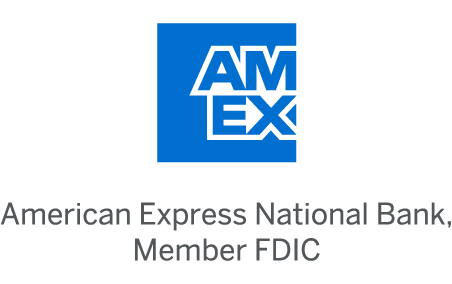Why I Would Never (Ever) Purchase a 100-Year CD
KEY POINTS
- What sounds like an impressive return may not be so spectacular once you factor in inflation.
- Historically, the real money is in stock market investments.
- There are no guarantees in life, so the best we can do is weigh our options and do what seems right.
I'm not sure how I missed it, but a friend recently pointed out a story The Motley Fool Ascent ran about a bank offering a 100-year certificate of deposit (CD) with a 4.75% APY. The minimum deposit is $1,000 and the maximum is $150,000.
If I were to invest $10,000 today, it would be worth $1,036,104 in 100 years, decades after I'm gone. While it sounds like a lovely way to leave money to a specific charity, I would never consider it. Here's why.
Inflation
I realize that inflation has become a dirty word, and out-of-control inflation puts a pinch on our checking accounts. However, in the middle of all the hand-wringing, we seem to forget that inflation has always existed. Due to how the economy cycles, sometimes inflation is up, and sometimes it's down.
Out of curiosity, I went back to see how much $10,000 was worth in 1924. A century ago, $10,000 had the buying power of $183,666 today. That was with an average inflation rate of 2.96%, slightly lower than our current rate of 3.3% and higher than the Federal Reserve's target rate of 2%.
Our Picks for the Best High-Yield Savings Accounts of 2024
|
American Express® High Yield Savings

APY
4.25%
Rate info
4.25% annual percentage yield as of July 9, 2024
Min. to earn
$1
|
APY
4.25%
Rate info
4.25% annual percentage yield as of July 9, 2024
|
Min. to earn
$1
|
|
APY
5.10%
|
Min. to earn
$0
|
|
|
Citizens Access® Savings

APY
4.50%
Min. to earn
$0.01
|
APY
4.50%
|
Min. to earn
$0.01
|
If the average rate of inflation over the next 100 years is 2.96%, my initial investment of $10,000 will have the buying power of $61,940 today, which doesn't sound bad -- until I compare it to other options.
The good old stock market
My husband and I started "adult life" early, marrying when we were teenagers, having kids, and putting each other through college. In short, there were some lean years. As a result, we didn't seriously begin investing for retirement until much later than we should have. There are two reasons this doesn't upset me as much as one might expect.
- When we got serious, we got really serious. We learned to live below our means and invest a good portion of our income.
- The stock market has been very good to us over the past 15 years. The S&P 500 has enjoyed an average annual return of 12.6%, the Dow Jones Industrial Average has pegged in at 10.7% annually, and the Nasdaq Composite has added an average annual return of 16.4%.
I understand that, like inflation, the market will be up in some years and down in others, but historically, there have been far more years of growth than contraction over the past 100 years.
It's ultimately about weighing which option leaves you with the most money in your bank account. If I'm going to invest money to leave to someone in 100 years, I don't think doing it via a CD will provide them with the most bang for the buck.
Tying up money for a century gives me the willies
CD rates are up right now, and these accounts have some great features. I especially appreciate the opportunity to grow my money at a guaranteed rate for short periods of time.
However, when I think of all the great investment opportunities that are bound to pop up over the remaining years of my life, I can't imagine how frustrating it would be to have money tied up that I can't access without paying a penalty.
Just as I know that a 100-year CD is the wrong investment product for me, I'm sure it works for others. That's the great thing about investing -- we all get to choose our own adventure.
These savings accounts are FDIC insured and could earn you 11x your bank
Many people are missing out on guaranteed returns as their money languishes in a big bank savings account earning next to no interest. Our picks of the best online savings accounts could earn you 11x the national average savings account rate. Click here to uncover the best-in-class accounts that landed a spot on our short list of the best savings accounts for 2024.
Our Research Expert
We're firm believers in the Golden Rule, which is why editorial opinions are ours alone and have not been previously reviewed, approved, or endorsed by included advertisers. The Ascent, a Motley Fool service, does not cover all offers on the market. The Ascent has a dedicated team of editors and analysts focused on personal finance, and they follow the same set of publishing standards and editorial integrity while maintaining professional separation from the analysts and editors on other Motley Fool brands.
Related Articles
View All Articles